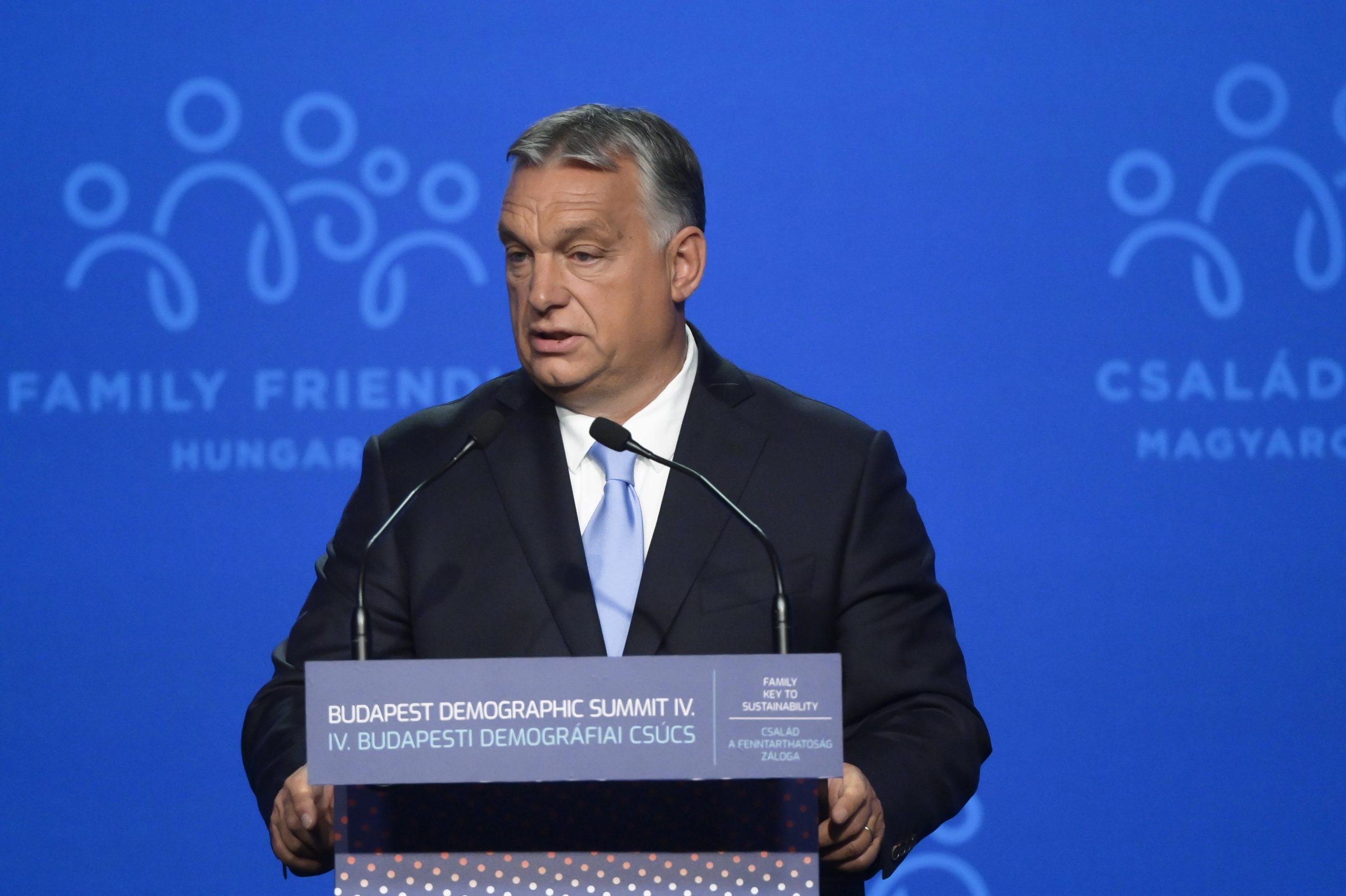Hungarian monthly salaries increased by nearly a third in February compared to the same month of the previous year, according to the Central Statistical Office (KSH). Despite the record-high pay raise on paper, most Hungarians saw their wages increase by nowhere near that much. Behind the contradiction mainly lies the significant hike in the minimum wage and the recent bonus for soldiers and police, which is the equivalent of their six-month salary. This benefit alone provides a significant boost to average earnings across the national economy. By contrast, according to economic news site Portfolio’s estimates, the actual real wage increase adjusted for Hungary’s record high inflation, is closer to a much more modest 3-4%.
Hungary’s gross monthly wages rose 31.7% annually in February to 545,965 forints (EUR 1439), the KSH reported on Tuesday. The increase in average net earnings were even higher than this, rising by 31.9%.
Despite the record-breaking figures, most people in Hungary have not seen their salaries increase by nearly that much, which is why the new data comes as a surprise to many.
KSH itself highlighted in a recent report that the big salary increase was largely linked to the payment of the “service premium” (the so-called “firearms money”) for the army and the law enforcement personnel corresponding to a six-month salary, as well as minimum wage hikes. The payment bonus for defense and law enforcement staff was so great it significantly boosted the average of gross monthly wages. So much so that average earnings in the public sector have risen by 53.5% compared to last February.
By contrast, the regular average gross earnings (total earnings excluding bonuses and premiums), which largely excludes the wage increase for law enforcement personnel, amounted to HUF 445,000 (EUR 1173), which is only 14.5% higher than a year earlier.
Wage growth is even slightly lower if we only look at the figures in the business sector. At corporations employing at least five employees, average gross wages rose by 12.2% in February compared to the same period last year.
In its analysis, the economic news site Portfolio points out that the salaries of law enforcement workers nearly tripled in February as a result of the “firearms money.” Therefore, according to the site, it would have been advisable for the KSH to have published the rate of increase in the other sectors without taking this increase into account.
The salary bonus granted to soldiers and police has also had a seriously distorting effect on the average real wage. According to the KSH, in the first two months of the year, “real earnings rose by 13.6%, along with an 8.1% year-on-year increase in consumer prices.”
In contrast, real earnings in the business sector rose by 3.6%, with inflation at 8.3% in February, indicating that rising inflation is increasingly eroding the purchasing power of earnings growth. (Since then, inflation accelerated to an annual 8.5% in March, the highest level since 2007).
Therefore, Portfolio’s calculations suggest real earnings have increased by only about 3-4%, while more and more people in Hungary are seeing the purchasing power of their wages dramatically fall.
The current, highly misleading official data regarding average wages also highlight that the median wage figures in Hungary are often much closer to reality. Gross median earnings were 376,300 forints (EUR 992), surpassing the previous year’s value by 13.7%.
According to Portfolio, no acceleration in the pace of wage growth is expected, which, excluding distorting effects, follows the trend of the previous month. Inflation, on the other hand, could soar even higher in the coming months, essentially undoing much of the rise in salaries.
Featured photo illustration by Tamás Vasvári/MTI



